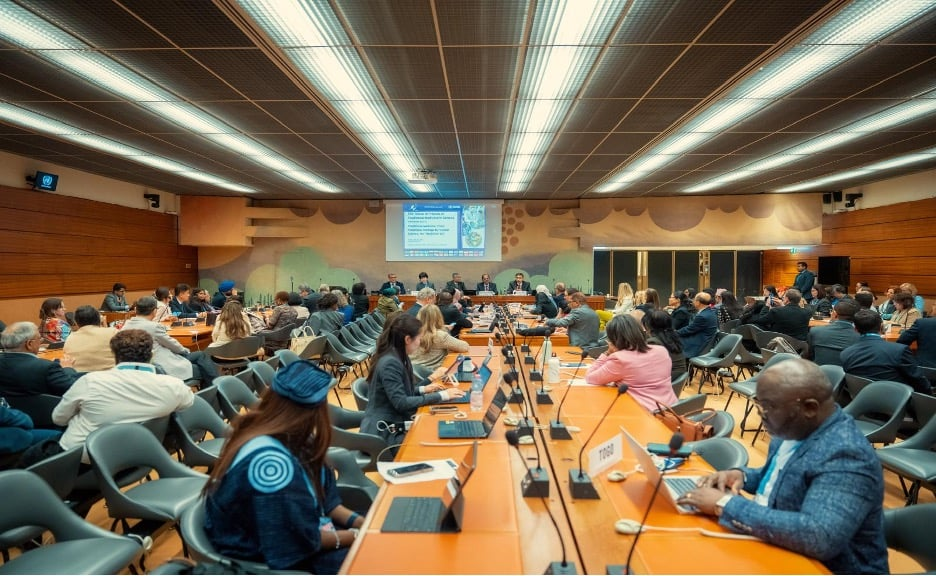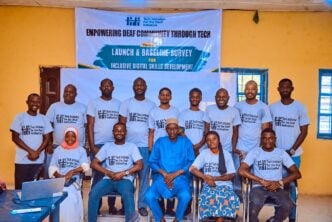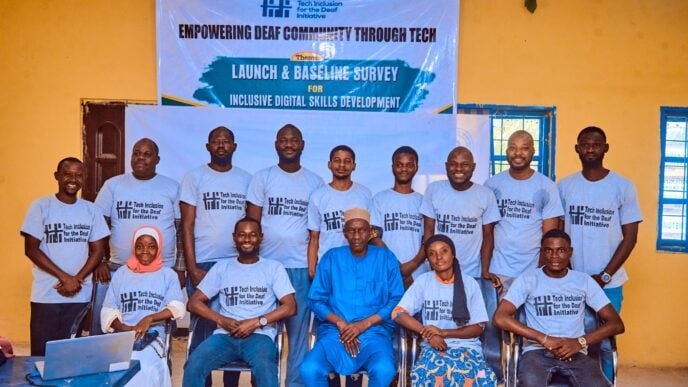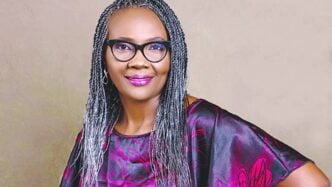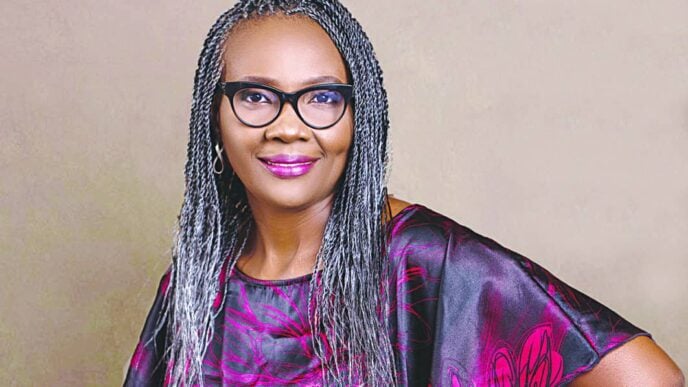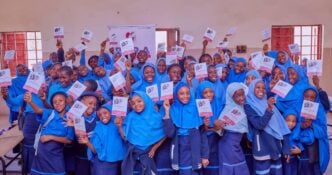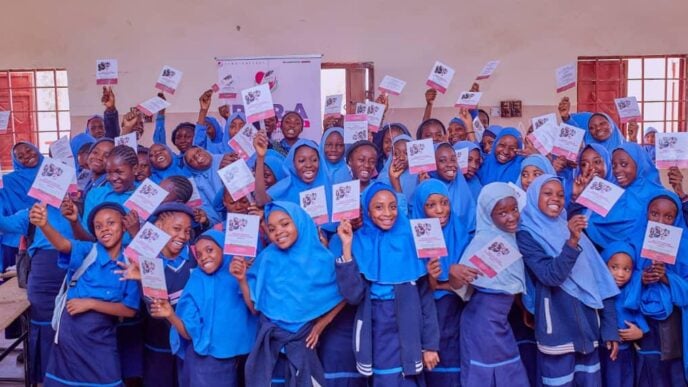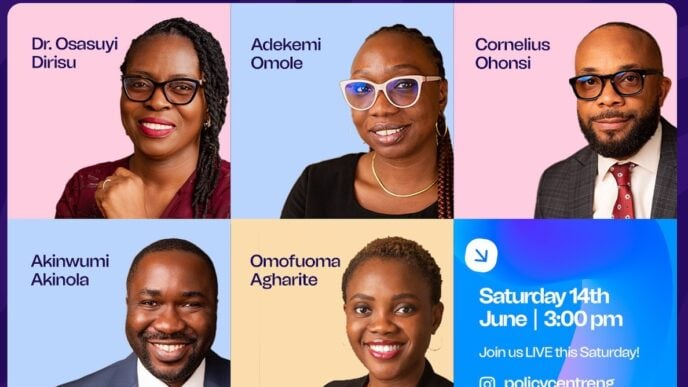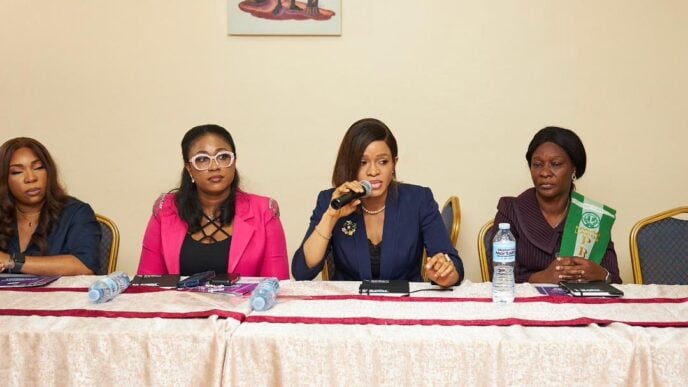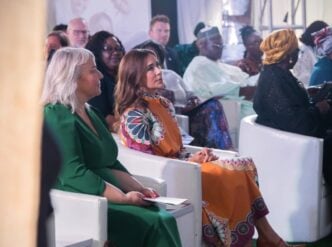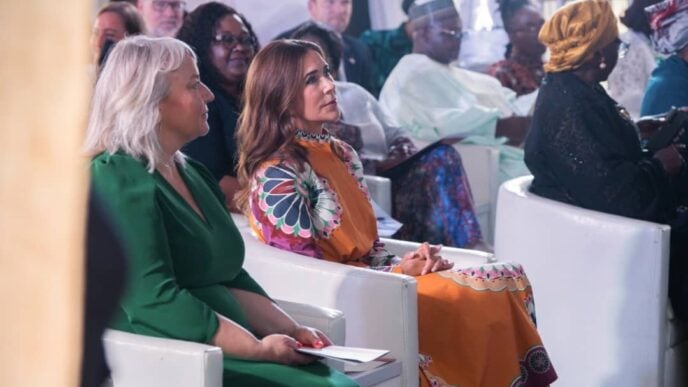Delegates at the world health assembly 78 in Geneva
Ossy Kasilo says African countries need to develop, implement, monitor, and evaluate policies and enforce regulations on traditional medicine use.
Speaking in zoom interview with journalists, Kasilo, a former World Health Organisation (WHO) Africa’s regional adviser on traditional medicine, said the efforts must also include training and registration of traditional medicine practitioners to ensure they are safe.
She noted that this will ensure that effective practices can facilitate the integration of traditional medicine, herbal medicines, and traditional health practitioners who are well-informed and well-trained into national health systems.
“Because this is the cardinal goal of the World Health Organisation,” she added.
Advertisement
The Tanzanian public health expert and board member of the Traditional, Complementary, and Integrative Healthcare Coalition in Geneva noted that WHO’s renewed focus on traditional medicine is a “very positive step towards a more holistic and inclusive global health approach”.
She added that it is also “a very promising development that could significantly improve global health outcomes.
Referencing the WHO global traditional medicine strategy 2025-2034, approved at the World Health Assembly 78, which took place from 19 to 27 May 2025 in Geneva, Switzerland, Kasilo said the effort recognises the valuable role traditional medicine plays in many cultures and its potential to expand access to healthcare, especially in regions with limited resources.
Advertisement
“The World Health Organisation’s efforts to integrate traditional medicine into mainstream healthcare systems while ensuring safety and effectiveness are crucial for bridging health gaps and promoting universal health coverage.
“And the key aspects of this renewed focus on traditional medicine include, first, increased recognition, which the World Health Organisation has acknowledged as the significant contribution of traditional medicine and its potential to address various health challenges.”
Kasilo further said, “there’s a need for African countries to advocate for effective collaboration and integration”.
She noted that the integration requires collaboration between traditional medicine practitioners and biomedical practitioners, including two-way referral systems and shared knowledge.
Advertisement
According to her, the referral system should not only be from traditional health practitioners to conventional health practitioners but also from conventional health practitioners to traditional health practitioners.
“And also acknowledging the cultural relevance and the holistic approach of traditional medicine. You know very well that many traditional healing practises take a holistic approach to health, which views the individuals as a whole, addressing not only the physical symptoms but also the mental and spiritual well-being of patients, which can be beneficial in managing chronic conditions and other complex health issues,” she said.
“And therefore, traditional medicine is often deeply rooted in cultural practices and beliefs, which can enhance patient adherence to trust.”
Advertisement
